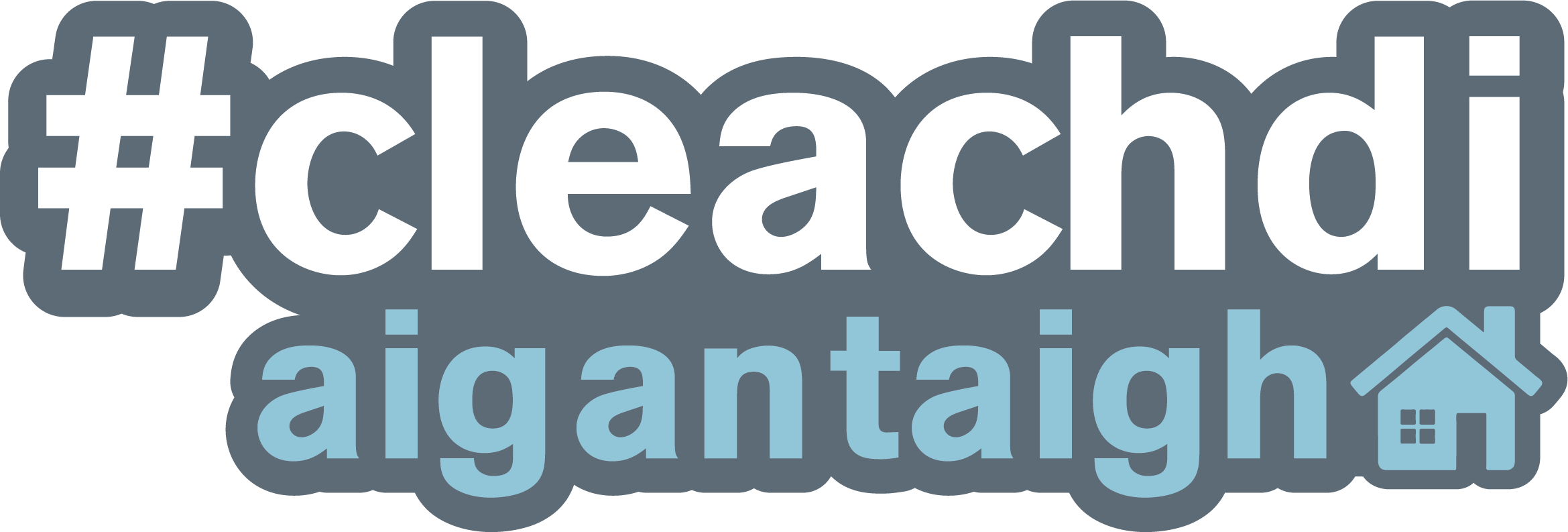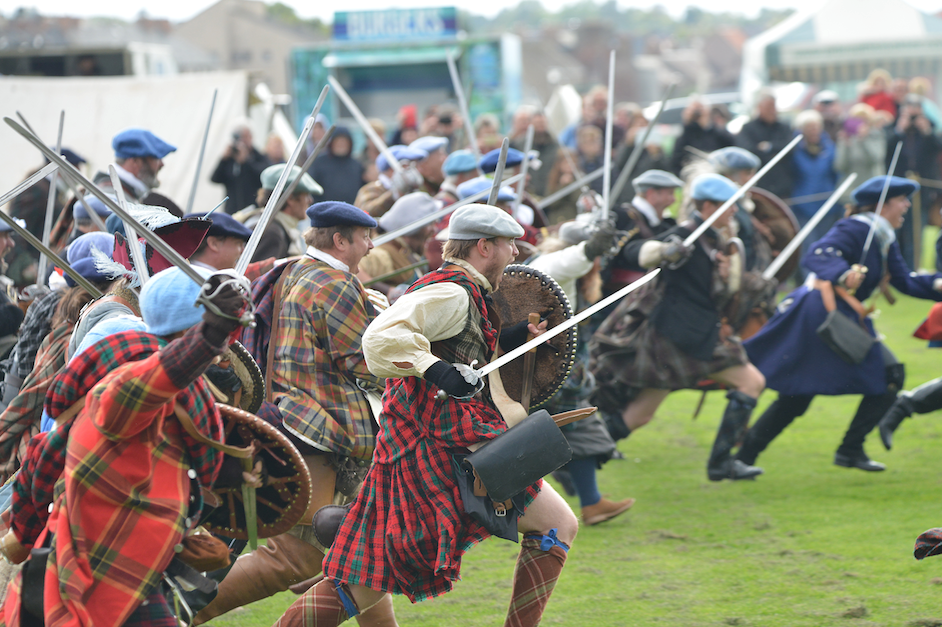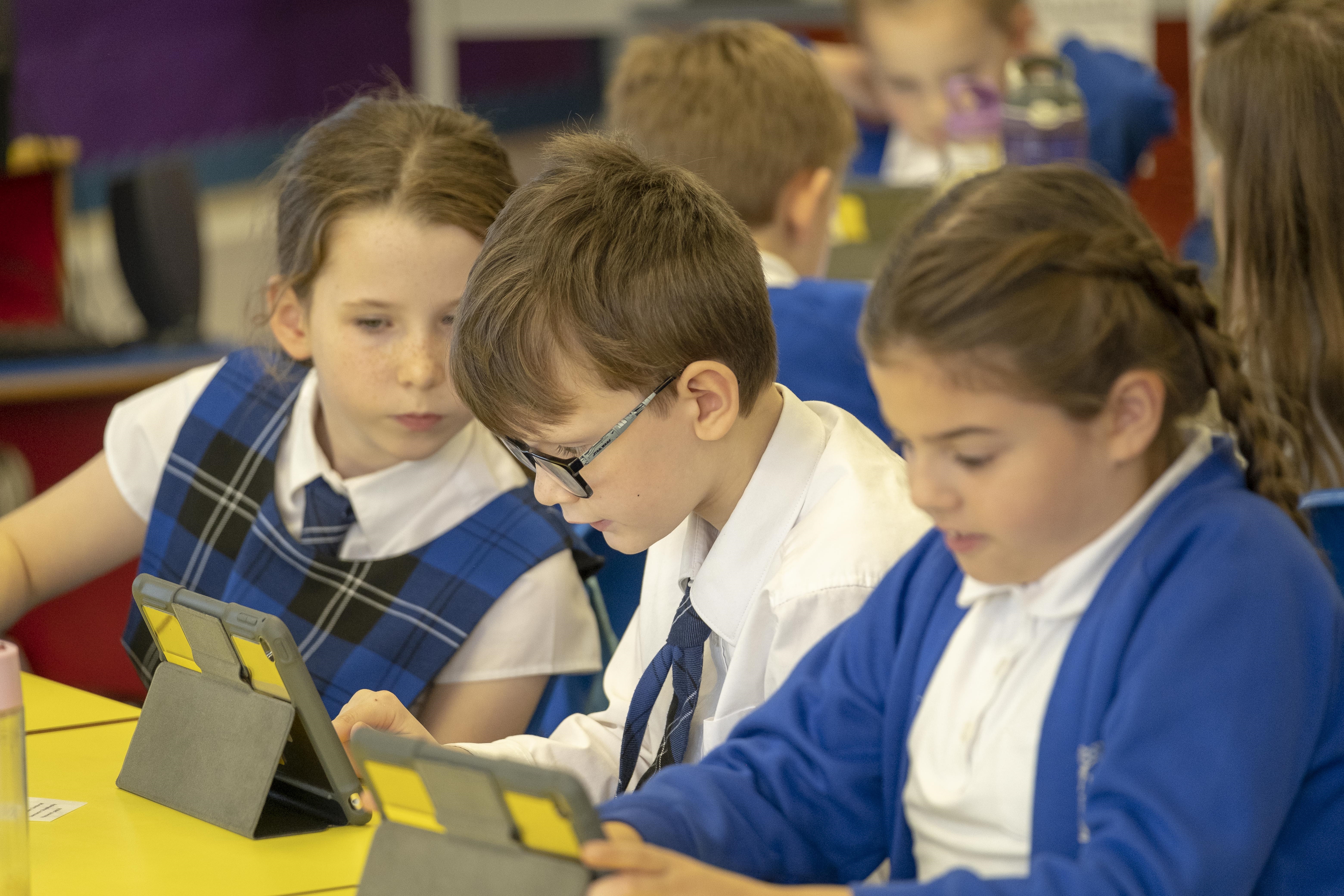
Bòrd na Gàidhlig’s website will host the online programme with links to a range of interactive resources and after school events for young people. This will allow children to use their Gaelic in the home setting.
The Bòrd have been working closely with Gaelic youth organisations Fèisean nan Gàidheal and Comunn na Gàidhlig (CnaG) to develop the online programme. Some of these live afterschool activities include online music lessons, baking tutorials, scavenger hunts and home work help amongst a range of others.
Daibhidh Boag, Director of Language Planning and Community Developments said:
“It is important at this time that, now more than ever, young people are supported to use Gaelic at home as much as possible, at a time when schools are closed and other face-to-face after school activities are on hold.”
“We want to bring lots of information together in one, easily accessible place, signposting to a range of activities that will help young people access on-line Gaelic medium extra-curricular activities. We hope that over the next few weeks, more organisations will add to and enhance the programme further.”
“We would encourage the Gaelic community to use the #cleachdiaigantaigh hashtag to share resources, ideas and content to support the use of Gaelic as much as possible at this time in homes across the country.”
“Family members and friends can help too by speaking Gaelic as often as they can with young people – in person, on-line or on the phone – ensuring that their language skills continue to develop during this time and into the future.”
#cleachdiaigantaigh / #useitathome is the next stage of the successful #cleachdi. Launched last year, this campaign’s aim is to encourage Gaelic speakers to let Scotland and the world know they are proud to speak the language.
Groups funded by Bòrd na Gàidhlig, Fèisean nan Gàidheal and CnaG will be encouraging the use of #cleachdiaigantaigh / #useitathome with their participants.
Arthur Cormack, Fèisean nan Gàidheal’s chief executive officer said: “In common with many organisations across the country we at Fèisean nan Gàidheal have to find ways to deliver our work in a different format during these challenging times. We warmly welcome #cleachdiaigantaigh and fully expect to augment the programme to assist young people to use their Gaelic in an online community.”
CnaG’s Chief executive, Donald MacNeill said: “A key strength of CnaG’s Iomairtean network is the close link between our officers and young people in their own schools and communities. Our focus is always to try and offer fun and engaging activities beyond the classroom, and at a time like this, we’ll try to use those local connections to deliver these same principles of fun and excitement via online platforms.”
In order to further support parents in their efforts to home school their children in Gaelic Medium Education, a new website ‘Ionnsachadh Dachaigh’ has been launched this week by Stòrlann Nàiseanta Na Gàidhlig.
More details can be found on their website: https://www.storlann.co.uk/.
The #cleachdiaigantaigh programme will be live on Monday 4th May and can be found on the Bòrd na Gàidhlig website: www.gaidhlig.scot.




